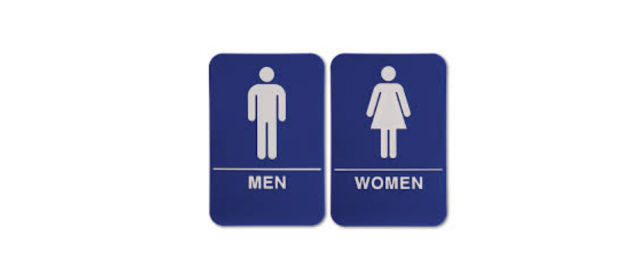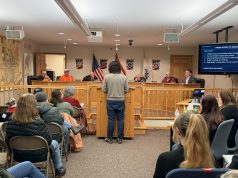
WASHINGTON, D.C. – In a potentially landmark 6-3 decision announced Wednesday, June 18, 2025, the U.S. Supreme Court upheld Tennessee’s law prohibiting gender-affirming care for minors, ruling that children seeking such treatments do not constitute a protected class, as reported at 10:50 AM EDT on Thursday, June 19, 2025. The ruling in United States v. Skrmetti overturned a lower court’s finding that the restrictions violated the constitutional rights of children seeking puberty blockers and hormones for gender dysphoria.
The case, which reached the high court after the U.S. Court of Appeals reversed a district court decision, stemmed from a 2023 Tennessee law challenged by the American Civil Liberties Union, Lambda Legal, three transgender teens, their families, and a Memphis doctor. The Biden administration initially supported the lawsuit, but the U.S. Department of Justice under President Donald Trump withdrew its opposition. The Supreme Court heard arguments last December.
The majority opinion rejected the plaintiffs’ claim that Senate Bill 1 warranted heightened scrutiny due to sex-based classifications, stating that the law’s restrictions on puberty blockers and hormones for minors apply regardless of sex. “SB1 prohibits healthcare providers from administering puberty blockers or hormones to minors for certain medical uses, regardless of a minor’s sex,” the ruling noted, emphasizing that the law’s application does not hinge on gender.
The court’s three liberal justices dissented, arguing that the decision abandons transgender children and their families to “political whims.”
Meanwhile, Ohio Attorney General Dave Yost hailed the ruling as “great news” for the fate of Ohio’s SAFE Act, stating, “The Supreme Court today ruled that states can protect vulnerable children against forever decisions when it comes to surgery and medication. This affirms that the Constitution leaves difficult questions to the democratic process in state legislatures.”
Ohios SAFE Act which bans gender-affirming surgeries and hormone therapies for minors, and a separate bill restricting transgender students from using multi-person bathrooms that align with their gender identity.











